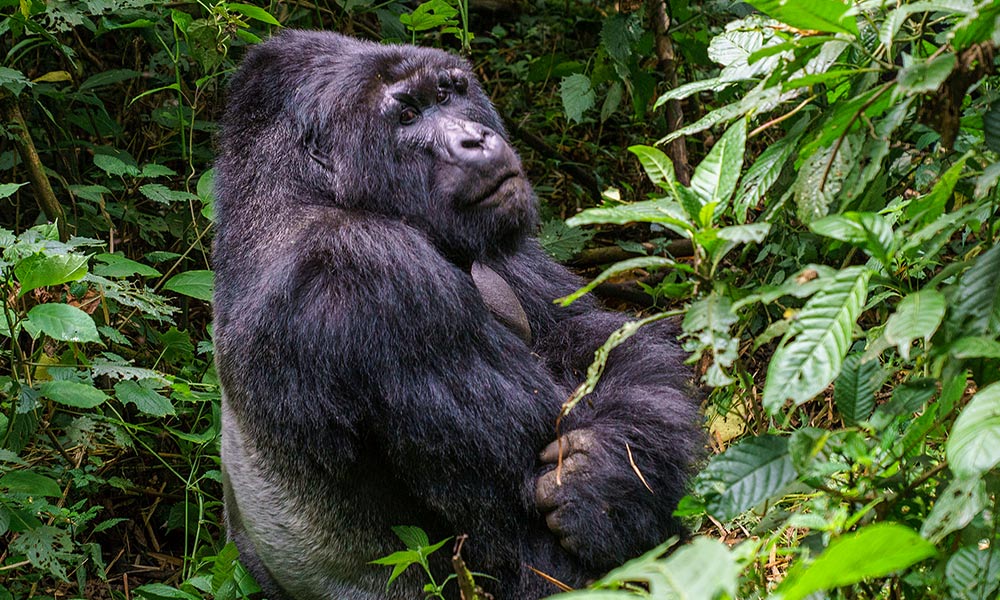People travel for a variety of reasons, but I think the underlying desire to see unfamiliar places, discover the natural beauty of the world and to breathe the fresh air of the outdoors is shared among all of them.
People travel to Africa largely for the wildlife, exceptionally diverse landscapes and the richness of ancient cultures. Humans that live according to the tune of the earth and extraordinary animals, that have paced the surface of this continent for thousands of years, are sought after by travellers, wanderers and adventurers. We have a responsibility to play as the role of ‘caretakers’ if we wish to cherish the role of ‘admirers’ for years to come. Luckily, for the roamers out there, there are plenty of opportunities for us to make sure that for whatever reason we are travelling, we are doing what we can to protect and conserve.
- For those embarking on culinary journeys
Some people travel purely for the pleasure of eating, and commit to a taste-bud discovery of the world. Aside from the fact that organic, additive-free food is far healthier for you, its production also requires local input. Make sure that the places in which you choose to eat employ local suppliers, enabling you to rest assured that you are contributing to the people whose land you have journeyed to see. A good indication of an eco-savvy kitchen is the use of a compost heap, a sustainable and conservative use of water and efficient waste disposal. As with most delicious dishes, an accompanying good wine often rounds off the experience perfectly. Consider varieties that are bottled in PET (polyethylene terephthalate) canisters, which use 50% less packaging energy than glass, and, in bulk, reduce negative shipment effects by 25% due to their reduced size and weight.
- For those jet-setting on business
If you’ve got an appreciation for city flavour, make use of local transport, which in Africa may be a rickshaw. Even better, hire a bicycle or stretch those legs and walk when possible. There are few better ways to spruce up for the day than to drink in the scenes of a foreign city. Choose your accommodation based on its environmental ethics. Hot water bottles instead of electric blankets, water-saving fixtures, energy-efficient lighting and recycling disposals are among the modest changes to look out for. Make use of coffee mugs or flasks and reusable water bottles so as to eliminate the use of paper and plastic drinking vessels. Bear in mind that your own preparation for travel has a great effect too. So pack light and reduce the weight of your carbon footprint… literally.
- For those seeking a destination wedding
A wedding is traditionally the extravagant, symbolic step into a life shared with one’s soul mate and showcases what that shared life will represent. Travelling to a beautiful destination is romantic and memorable, and often it incorporates local flair. For a spectacular arrival, indulge in a fairy tale horse-drawn carriage or even a tandem bicycle. Consider flowers grown locally and requiring little water: succulents and bamboo are eco-friendly and present beautiful alternatives to exotic blooms. Biodegradable confetti, such as dried rose petals and birdseed, puts a unique spin on one’s departure from the venue.
- For those heading off on honeymoon
This is bound to be one of the most romantic times in one’s life, and it is fair to assume that those heading to Africa in search of this romance are seeking nature, the outdoors, quiet nights and starry skies. Opt for solar-powered lodges, country style bucket showers and, of course, candlelight. Everlasting soy candles are aromatic and ambient, while hypnotically demonstrating renewable energy.
- For those on quests of self-discovery
On a journey of discovery and cultural indulgence, one could agree that this is the perfect time to partake in community uplift. Help plant trees in Kenya, where reforestation is working wonders for local prosperity. Provide your manual labour in exchange for food and accommodation and enrich your soul with education about sustainability, the environment, creating awareness and making a change. Wildlife capture and data collection help sustain animal populations in game reserves; an activity that would attract the adventurous, single traveller. A keen photographer can dedicate their efforts to local eco-initiatives, photographing and reviewing various projects and movements working towards a greener future for Africa.
Find out more about greener getaway destinations with Experience Africa Safaris.











